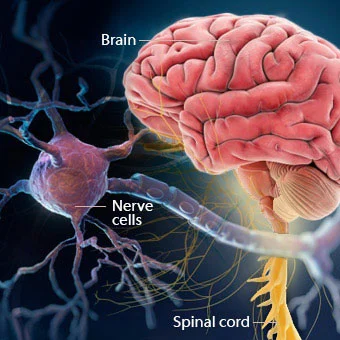A model developed through research by Carnegie Mellon University accurately predicts how stay-at-home orders like during COVID-19 affect the mental health of people suffering from chronic neurological disorders. For example, multiple sclerosis.
The researchers gathered data from smartphones and fitness trackers of those with MS before and during the pandemic wave. Furthermore, they used specific passively collected sensor data for building the machine-learning model. It enabled them to predict fatigue, depression, poor quality of sleep, and worsening of symptoms of MS during the stay-at-home period.
The initial question before the pandemic was whether the digital data from fitness trackers and smartphones of MS patients can predict clinical outcomes. By March 2020, the participants of the study were told to stay home, and a change was seen in their daily behavioural patterns. Additionally, the research team realized the collected data can update the effect of the order on MS patients.
Head of SMASH Lab at CMU, Mayank Goel said,
It presented us with an exciting opportunity
If we look at the data points before and during the stay-at-home period, can we identify factors that signal changes in the health of people with MS?
The data collection was done passively over a period of six months. The information collected was, calls on the smartphones of the participants, duration of calls, missed calls, location, and screen activity. Furthermore, the team also collected information on sleep and data count through fitness trackers.
They published the research, “Predicting Multiple Sclerosis Outcomes During the COVID-19 Stay-at-Home Period: Observational Study Using Passively Sensed Behaviors and Digital Phenotyping,” recently the Journal of Medical Internet Research Mental Health.
This work also enabled information policymakers to issue future orders regarding staying at home. Additionally, it can help with other responses during other natural disasters or pandemics.
Goel said,
We were able to capture the change in people’s behaviours and accurately predict clinical outcomes when they are forced to stay at home for prolonged periods
Now that we have a working model, we could evaluate who is at risk for worsening mental health or physical health, inform clinical triage decisions, or shape future public health policies.




